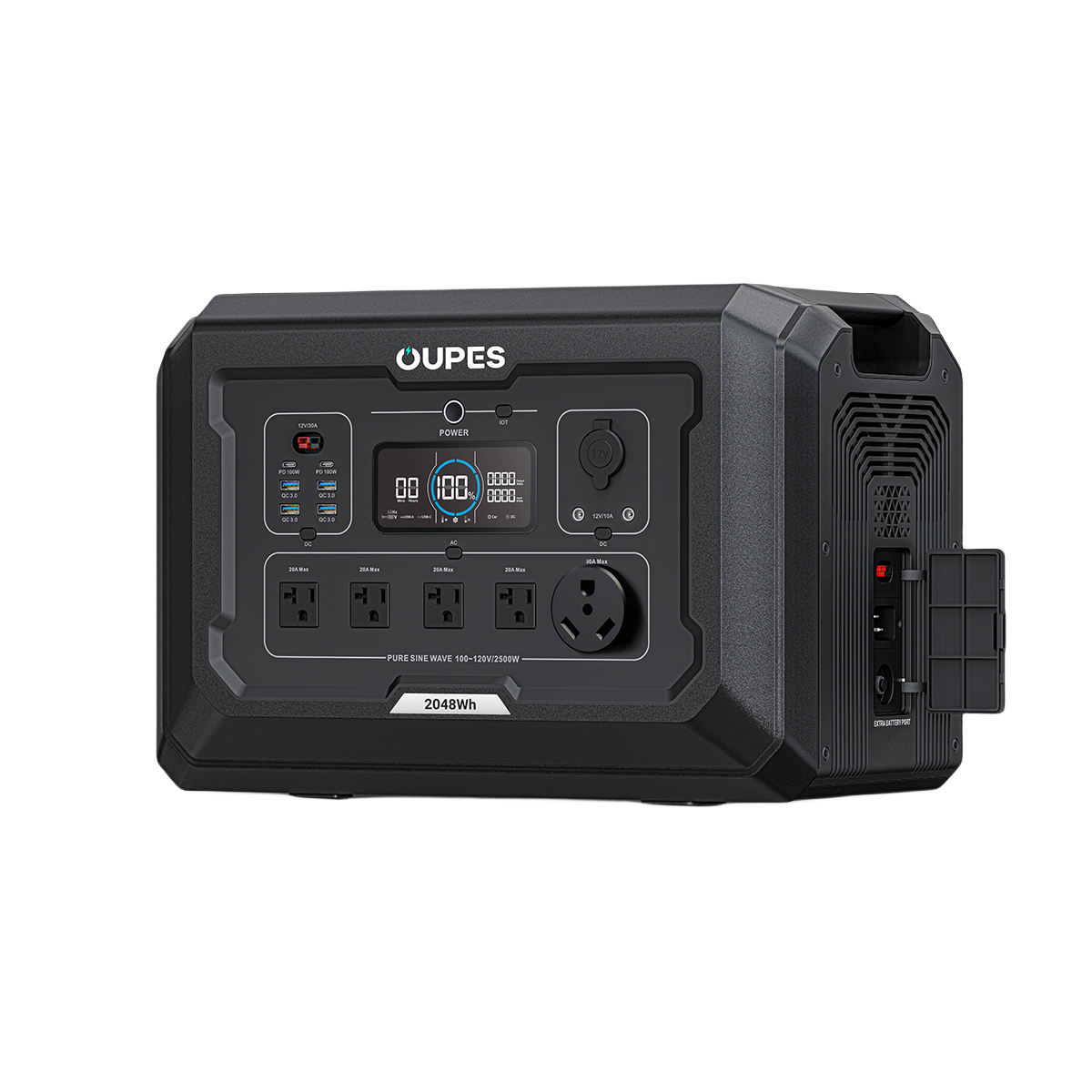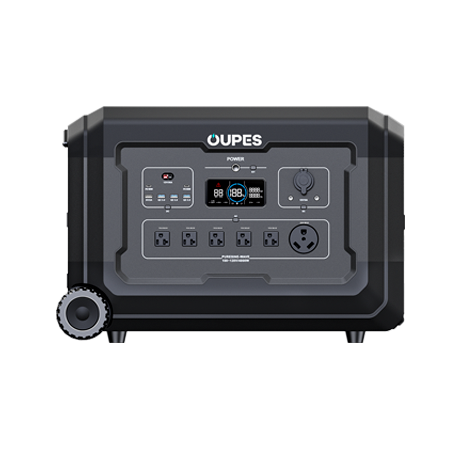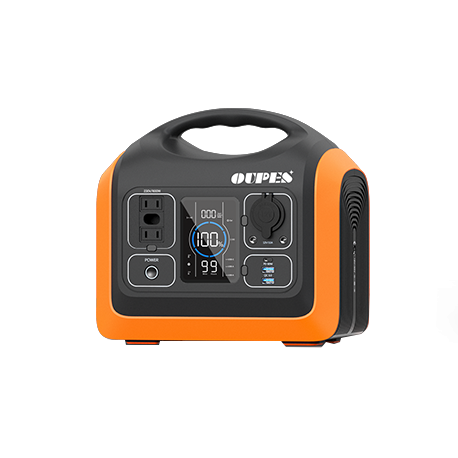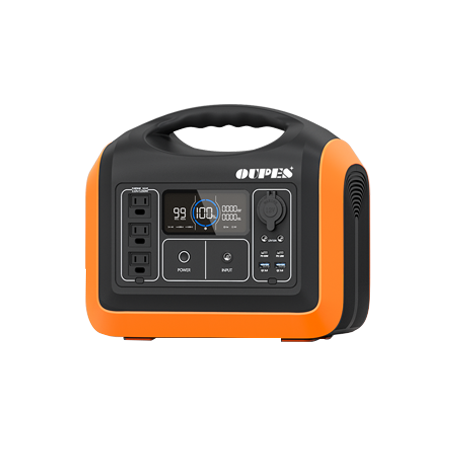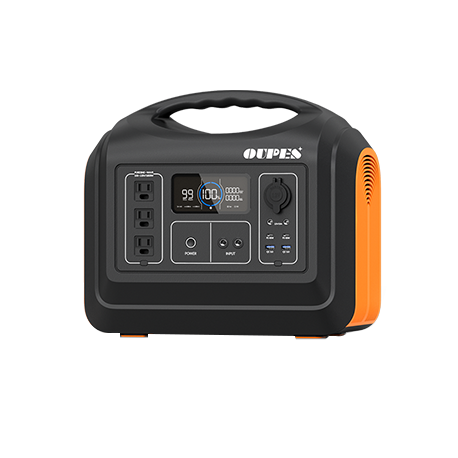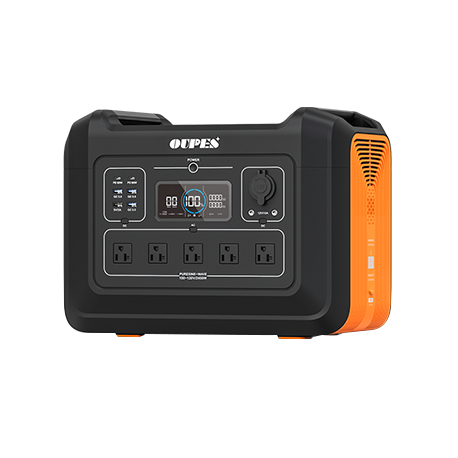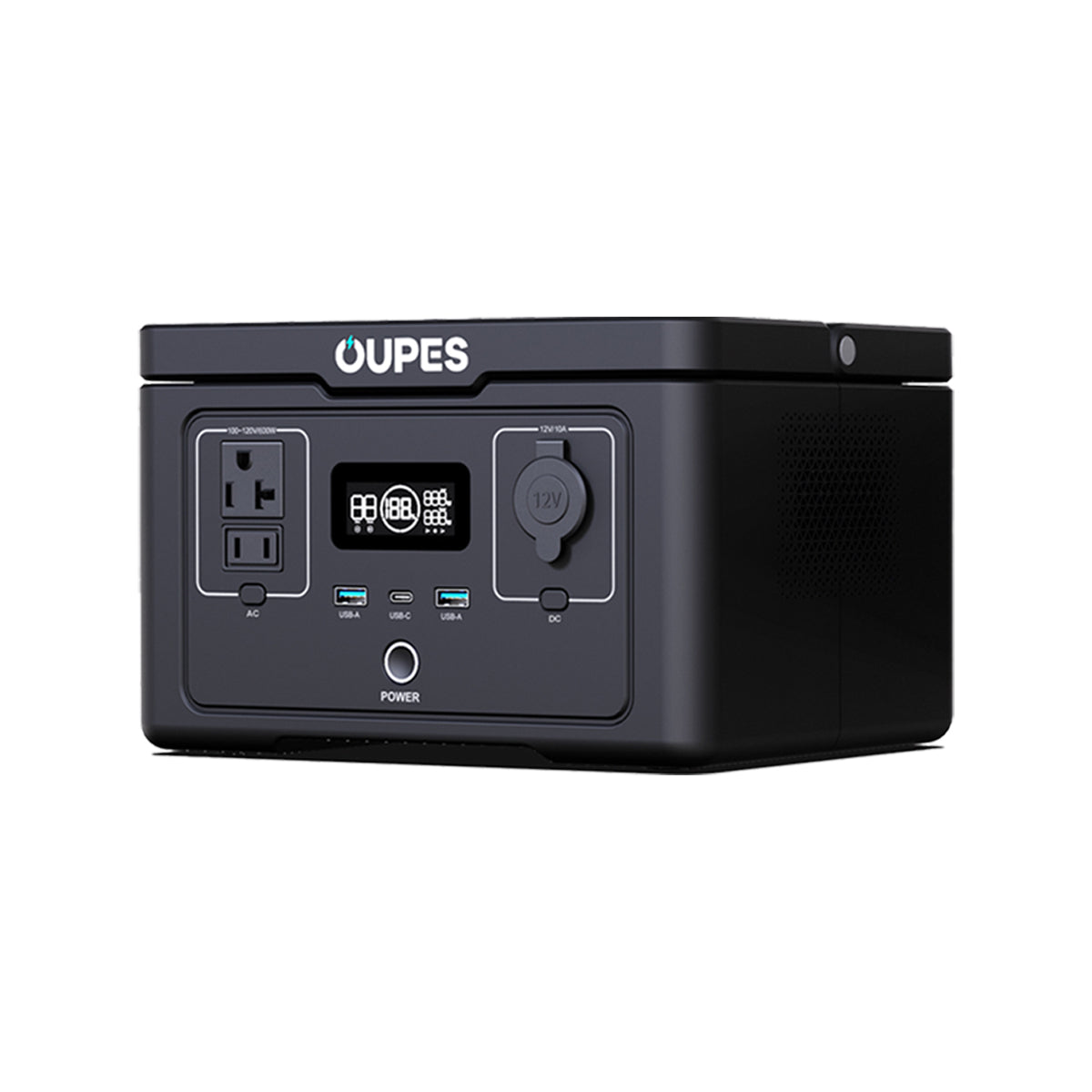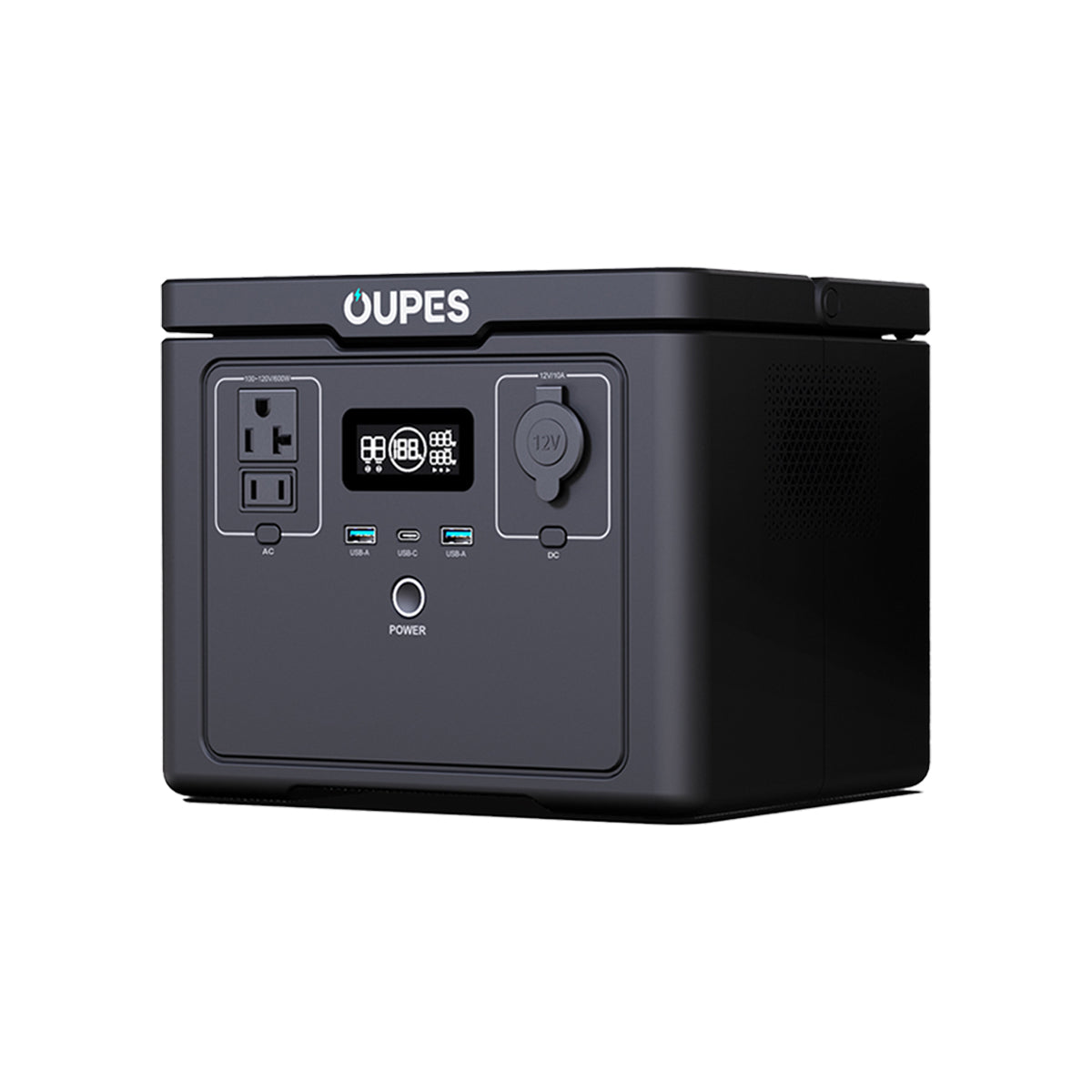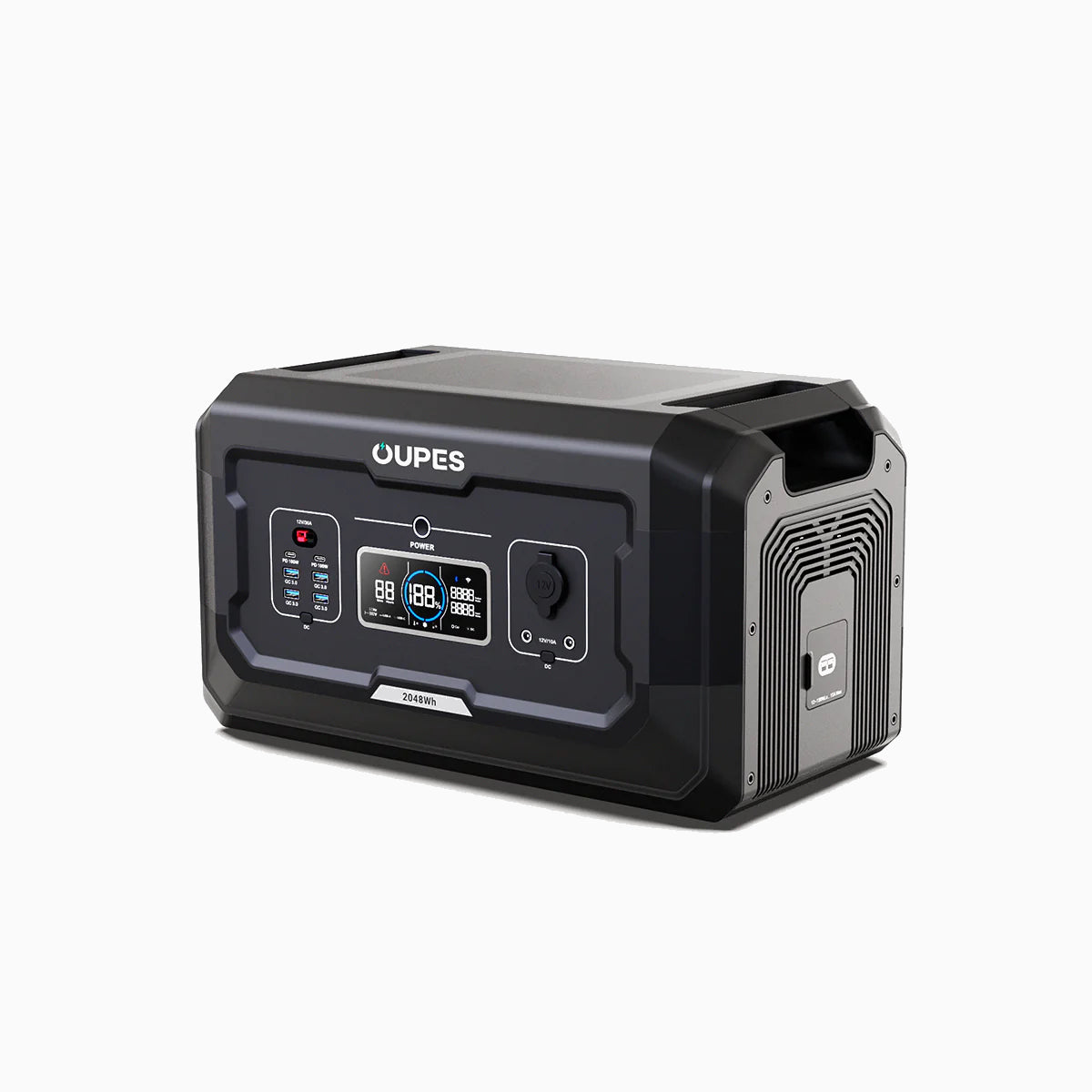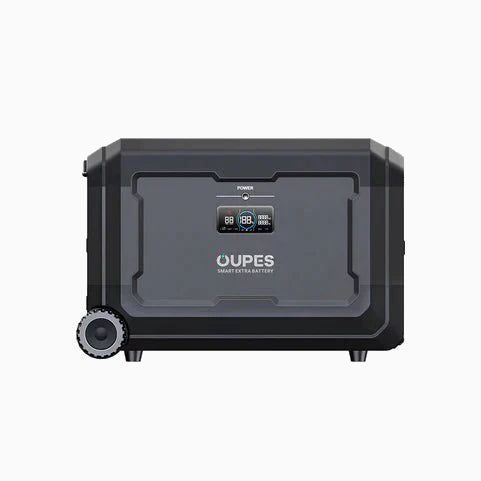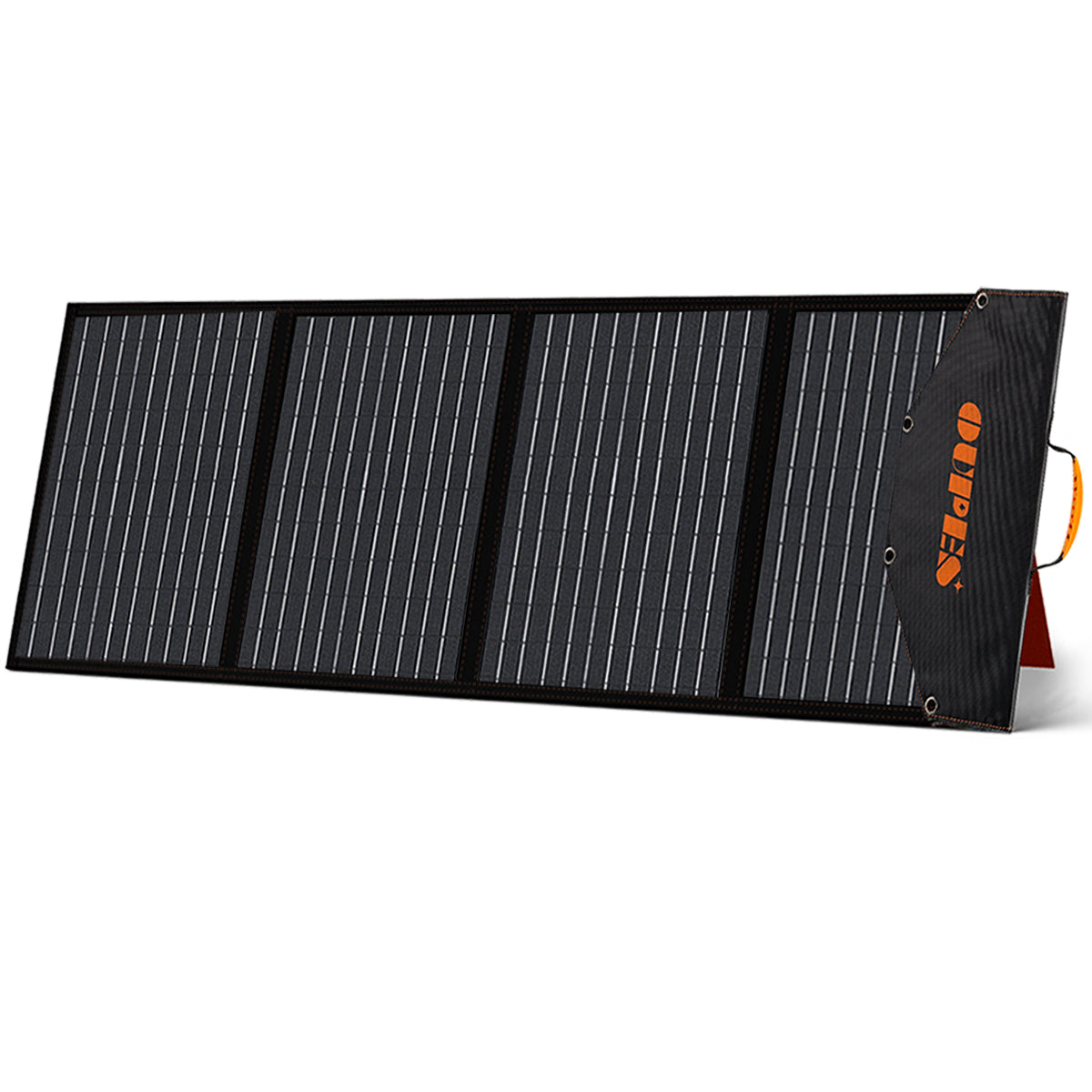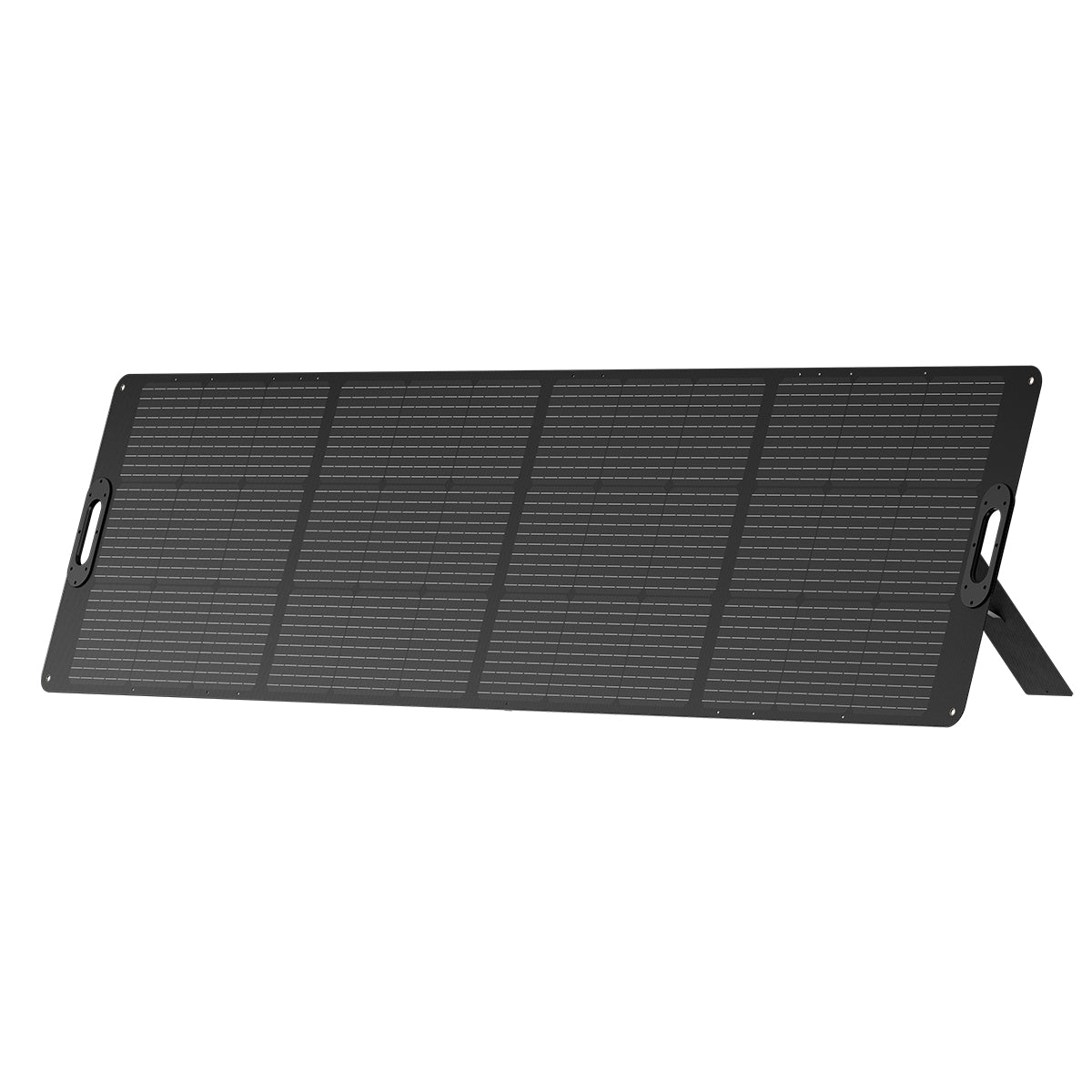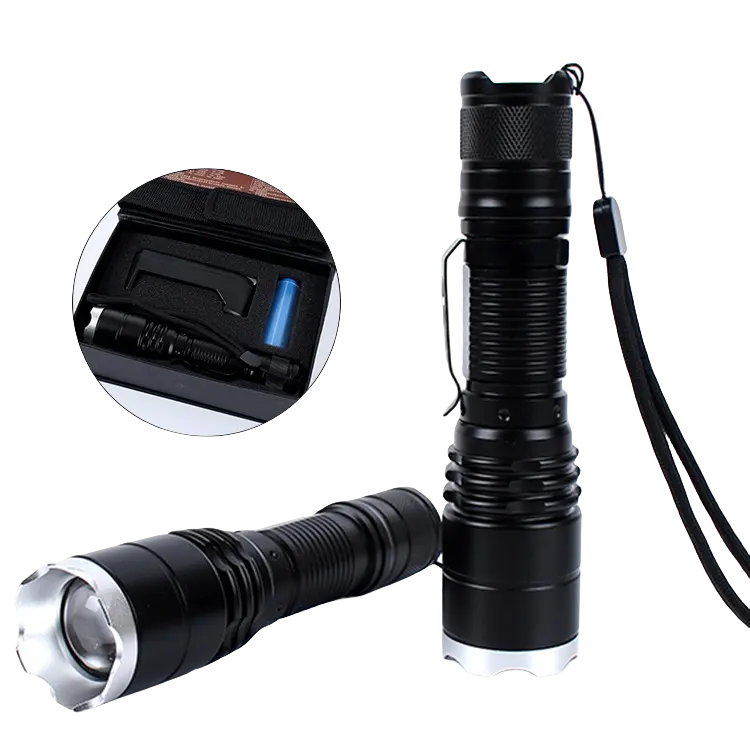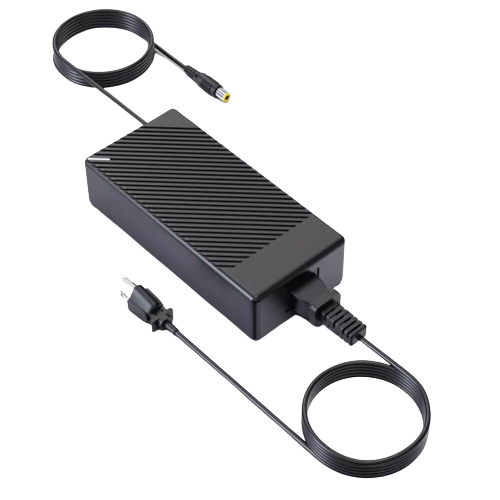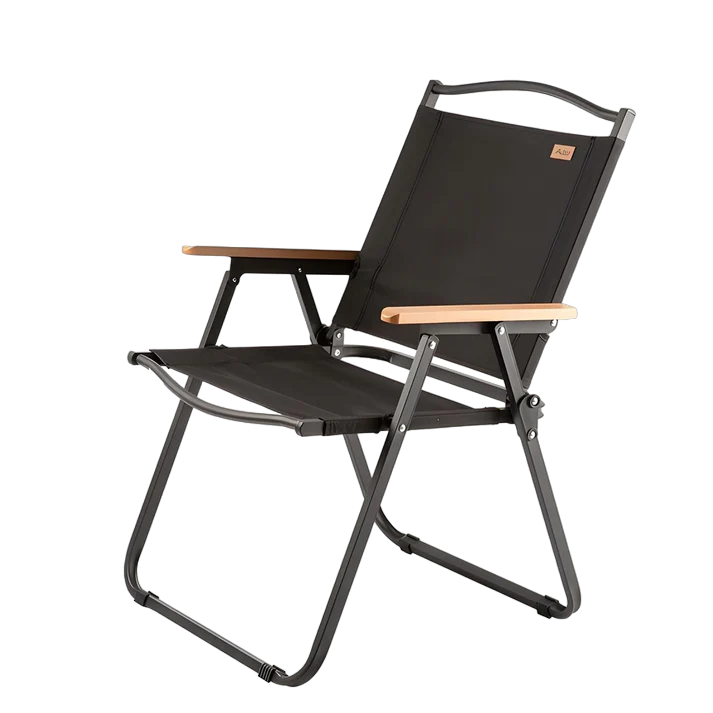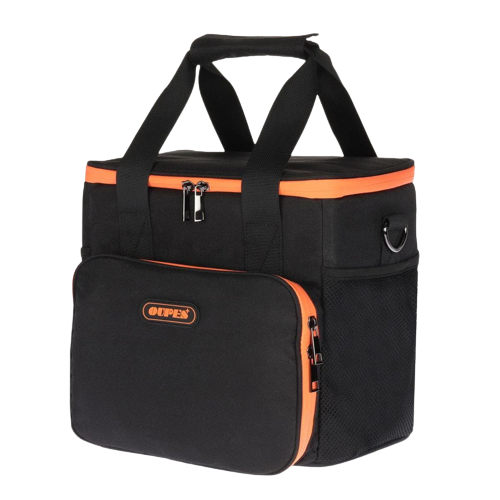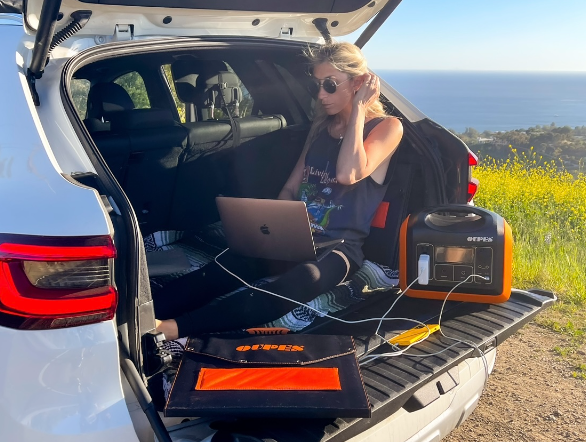Home Battery Backup Without Solar
Have you ever found yourself trapped in darkness during a blackout? Load shedding or storms can cause sudden power loss. You may feel frustrated and unable to use your essential appliances. What if you could have a reliable backup power source to give you peace of mind?
Did you know that with a home battery backup system, you can stay powered on without solar panels? That’s right! This article will explain the use of non-solar home backup batteries. We’ll cover all you need to know about them and how it is the power solution you need.
Without further ado, let’s jump right into the discussion.
What is a home battery backup system?

A home battery backup system stores electricity to power essential devices during an outage. When the lights go out from a storm or blackout, a home battery backup keeps the power on for the essentials that matter most.
Many home battery backups typically use energy channeled from the sun through solar panels. This would mean that installing your backup system comes with the extra cost of solar panel installation. What if it doesn’t align with your budget? If you do not want to buy a solar panel for your backup power, there are non-solar approaches for a home battery backup.
Rather than getting their power storage from solar panels, non-solar home battery backups gain power from your main grid. You can still choose the devices and appliances you want to back up just like you would with a solar battery. They can power your devices for hours if you suffer a power outage.
How does a non-solar home battery backup work?
The backup battery links up to your home's electrical system. It charges during regular times when the grid power flows. When a power outage hits, the backup battery automatically kicks in without you lifting a finger. It smoothly transitions the appliances and devices you prefer to its stored power reserve to ride out the blackout.
The battery backup system instantly taps its stored energy reserve when an outage strikes. Inside, the direct current (DC) electricity from the battery flows through an inverter, which converts it into the alternating current (AC) form that our appliances rely on. This rapid automated power transfer continues energizing essentials until grid electricity is restored.
These portable power stations also have an integrated monitoring system. It tracks your battery's remaining charge and ongoing household energy use in real time. This visibility informs you when additional conservation may better stretch reserves if extreme weather causes prolonged power issues.
The battery backup automatically detects restored power once grid infrastructure comes back online after an outage. It then switches your household devices safely back to the main utility feed. Now that the emergency is over, your battery will begin recharging from the grid supply. This will again prepare you for an outage when supplemental power reserves will prove essential.
This convenient backup power solution can keep essentials powered during storms and load shedding. Now that we understand how solar-free battery backups work, let's explore which critical home devices it can effectively power.
What can a non-solar home battery power?

A quality home battery backup can energize a variety of essentials for hours when grid power is out. What do you prioritize the most during an outage? Lighting? Refrigeration? Health devices? Your non-solar backup unit can reliably handle them all.
Lighting
Ensure safe, bright illumination indoors and out during blackouts. A backup battery unit will let you simultaneously run LED bulbs, emergency spotlights, and porch lights over key living areas. Having ample lighting brings peace of mind once darkness hits.
Phones/mobile devices
Do not let power outages prevent you from maintaining communication. You can effectively recharge phones, tablets, and even your wearable devices without stress. You can also keep your laptops powered for entertainment or remote work needs.
Refrigeration
One of the most common concerns during power outages is the fear of food spoilage. Without backup power, our refrigerated foods will spoil during prolonged blackouts. A backup battery unit will help you keep refrigerators and freezers chilled to avoid spoilage. A unit even has the power to handle most chest freezers. Just avoid overstuffing them during use.
Medical devices
What happens when there is a power outage, and you are worried about your sleep apnea acting up? Safely operate your vital CPAP machines without worries using a home battery backup unit. Also, oxygen concentrators and other healthcare devices requiring consistent power can easily be run with this unit. Safeguard yourself and your loved ones by providing continuity in medical treatments.
Home office gear
Your work doesn't need to stop when the power goes out. Energize your routers, modems, printers, and other gear for remote work, online access, and more during an outage.
The list of essentials a home battery can reliably power through an outage is substantial. OUPES 1800 and MEGA 2 systems have built-in capacity to handle these common household items with ease.
Let's shift our focus to key factors when purchasing a home backup battery capable of powering necessities.
Key purchase considerations
Investing in a reliable home battery backup will give you peace of mind. However, not all systems fit every home's custom needs. You need to keep key factors in mind when selecting your non-solar unit.
Backup time
This is one of the key things you must consider when purchasing a backup unit. You have to consider your typical outage duration. Backup power options with 6-12 hours of battery life typically handle most shorter disruptions. You can prepare for longer multi-day events with larger-capacity batteries. Experts can guide you on how to match your runtime to average local outages.
Power output
When selecting a home battery backup, you must appropriately size its power output to match your essential electricity loads. Audit the peak draw of key devices needed during an outage. While doing this, ensure you add a minimum buffer of 25% to allow for future power needs. The right-sized capacity keeps the lights on now and in future blackout emergencies.
Budget
Portable power stations can vary a lot in price. This is due to several reasons: battery capacity, output, and brand reputation. You need a unit that balances your pocket size with your needs and quality. Avoid overbuying so you don’t end up with units with capabilities you are unlikely to utilize.
Brand reputation
When evaluating home battery backup systems, seek recognizable, proven brands with reputations built on delivering reliable, resilient emergency power solutions. Leaders like OUPES boast strong consumer acceptance of offerings like the OUPES Mega 5 Home Backup & Portable Power Station — its high 5040 Wh capacity makes it a prime selection for robust off-grid energy needs.
Use this buying checklist when deciding what OUPES products to buy. OUPES has different home backup batteries, such as the OUPES 1200 and OUPES 2400 power stations, that meet your needs and budget.
Conclusion
You can ride through power outages in comfort and safety with home backup batteries. As we've covered, a compact home battery backup system recharges from the grid to independently run essentials when you lose normal electricity.
OUPES simplifies non-solar energy preparedness with the reliable OUPES MEGA 3 and OUPES 600 systems built to stringent safety standards.
Invest in the portable power station technology trusted by numerous customers countrywide. Visit OUPES.com to learn more about powering peace of mind.

